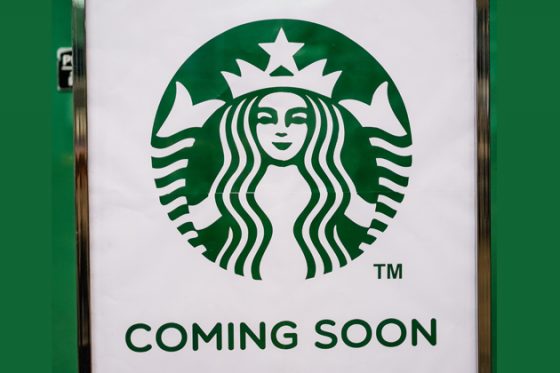This post first appeared on Risk Management Monitor. Read the original article.
 The collective mood among Starbucks (SBUX) shareholders may have been dark and intense on Wednesday, following a 1% downgrade of the coffee company’s share price by BMO Capital Markets due to “store overlap.” BMO analyst Andrew Strelzik wrote: “There are now 3.6 Starbucks locations within a one-mile radius of the typical Starbucks in the U.S. relative to 3.3 and 3.2 stores in 2014 and 2012 respectively.”
The collective mood among Starbucks (SBUX) shareholders may have been dark and intense on Wednesday, following a 1% downgrade of the coffee company’s share price by BMO Capital Markets due to “store overlap.” BMO analyst Andrew Strelzik wrote: “There are now 3.6 Starbucks locations within a one-mile radius of the typical Starbucks in the U.S. relative to 3.3 and 3.2 stores in 2014 and 2012 respectively.”
That statistic does not factor in competitors, and implies that too many franchise cafes are located too closely together and are fighting for the same $2 per tall coffee.
The warning signs of overlap were acknowledged and dismissed by Starbucks CEO Howard Schultz in 2010, when he told the Harvard Business Review: “We’re not nearly close to saturation in North America, despite what the cynics or pundits might say…”
At the time of that interview, Starbucks total store numbers neared 17,000 and by the end of 2016, there were 25,085. Was seven years close enough to the saturation point to heed the warnings? Or does the old cliché about hindsight apply?
The overlap may have led to what’s known as risk failure, which Risk Management explored in a 2016 article, “The True Character of Risk.” Article author Michael J. Mazarr would characterize Starbucks’ market oversaturation as a “gray swan”—a danger that is “known, discussed and even warned about, but then discounted.”
Mazarr noted: “When senior decision-makers become immune to outcome-oriented thinking, they will not give serious consideration to risk. They may continue to give it rhetorical emphasis, talking about what could go wrong, but the trajectory of their judgment will never substantially vary.”
McDonald’s learned this same lesson the hard way in the 1990s. Although it had 19,000 worldwide locations, upper management wanted deeper market penetration and kept expanding. Cannibalization didn’t hurt the corporation at first, but investments in new locations outpaced the profits earned from increases in total sales. That led to the fast food chain closing 100 stores and unveiling the popular, but risky, offer of 55-cent Big Macs to attract and retain customers.
Unlike in 2008, when Schultz closed 600 locations overnight because he felt they weren’t meeting the Starbucks vision, the current problem is not reportedly a result of poor management or the inability to offer upscale imbibing experiences. Starbucks has just provided customers with too many options near their homes, workplaces and hangouts to get their next sandwich or caffeine fix.
